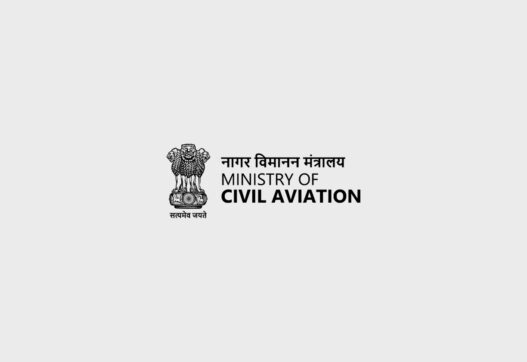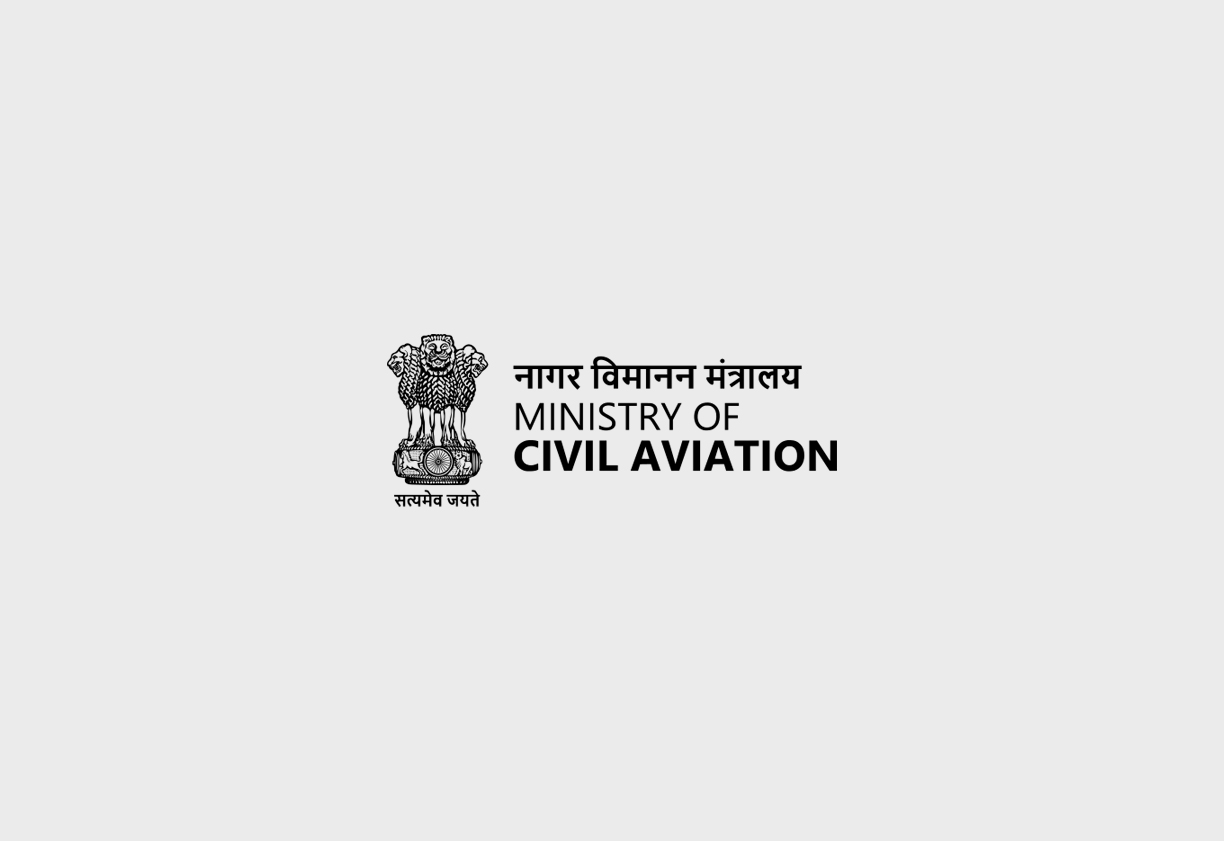The Suppression of Unlawful Acts against Safety of Civil Aviation Act, 1982, is a significant piece of legislation designed to implement the Montreal Convention of 1971. This Act aims to prevent and punish unlawful acts against the safety of civil aviation, including acts of violence on board aircraft, sabotage of aircraft and air navigation facilities, and other related offenses. It provides a legal framework to address these threats and ensures that India fulfills its international obligations in this area. The act is vital for maintaining the safety and security of air travel.
1: Act Background and Ministry
The Suppression of Unlawful Acts against Safety of Civil Aviation Act, 1982, was enacted to give effect to the Montreal Convention, which addresses unlawful acts against the safety of civil aviation. The Act aims to deter and punish acts of violence, sabotage, and other offenses that could endanger aircraft, passengers, and crew. The Ministry of Civil Aviation oversees this Act, reflecting its responsibility in ensuring the safety and security of civil aviation in India. The Ministry plays a crucial role in formulating policies, implementing the act, and coordinating with international organizations.
2: Enactment Date, Number of Chapters, and Sections:
The Act was enacted on November 6, 1982, and is officially known as Act No. 66 of 1982.
-
The Act is structured into three chapters, which address preliminary matters, offenses, and miscellaneous provisions.
-
It includes a total of 10 sections, along with sub-sections, covering definitions, offenses, jurisdiction, extradition, and other related aspects.
-
The Act is concise and focused on addressing specific threats to civil aviation.
3: Act Governed By:
The Act is primarily governed by:
-
The Central Government: The Central Government has the power to issue notifications, appoint officers, and grant sanctions for prosecution.
-
Designated Courts: These are Courts of Session specified by the State Governments for speedy trials of offenses under the Act.
-
Enforcement Officers: These officers, appointed by the Central Government, have powers of arrest, investigation, and prosecution.
-
The Courts: Indian courts are responsible for exercising jurisdiction over offenses committed under the Act.
4: On Whom It Is Applicable:
The Act is applicable to:
-
Any person who commits an offense under Section 3, 3A or 4, whether within or outside India.
-
All aircraft, regardless of their registration, except military aircraft and aircraft used in customs or police service.
-
Persons on board aircraft, whether in flight or at an airport.
-
Any person who destroys or damages air navigation facilities.
-
All officers and authorities involved in the implementation of the Act.
5: Penalties/Punishments:
The Act includes provisions for severe penalties to deter unlawful acts:
-
Committing an act of violence on board an aircraft in flight, destroying an aircraft, or placing a device or substance likely to endanger an aircraft can result in imprisonment for life and a fine.
-
Committing an act of violence at an airport, destroying or damaging an airport facility, or disrupting services at an airport can result in imprisonment for life and a fine.
-
Destroying or damaging air navigation facilities can also lead to imprisonment for life and a fine.
-
Attempting to commit or abetting any of these offenses is punishable with the same penalties as the completed offense.
-
The Act also allows for the presumption of guilt based on evidence of possession of arms or violence.
6: Important Pointers:
-
The Act defines “aircraft,” “airport,” “Convention country,” and “military aircraft” to clarify its scope.
-
It criminalizes acts of violence, sabotage, and communication of false information that endangers aircraft safety.
-
The Act establishes jurisdiction for Indian courts over offenses committed on board Indian-registered aircraft, even if the offense occurs outside India.
-
It empowers the Central Government to appoint enforcement officers with powers of arrest, investigation, and prosecution.
-
The Act provides for the designation of special courts for speedy trials of offenses under the Act.
-
It includes provisions for extradition of offenders to Convention countries.
-
The Act provides for the presumption of guilt based on certain evidence.
-
It protects actions taken in good faith by authorities under the Act.
-
The Act emphasizes the importance of maintaining the safety and security of civil aviation.
-
It aligns Indian law with international standards for combating aviation-related offenses.
7: Download Act Copy




